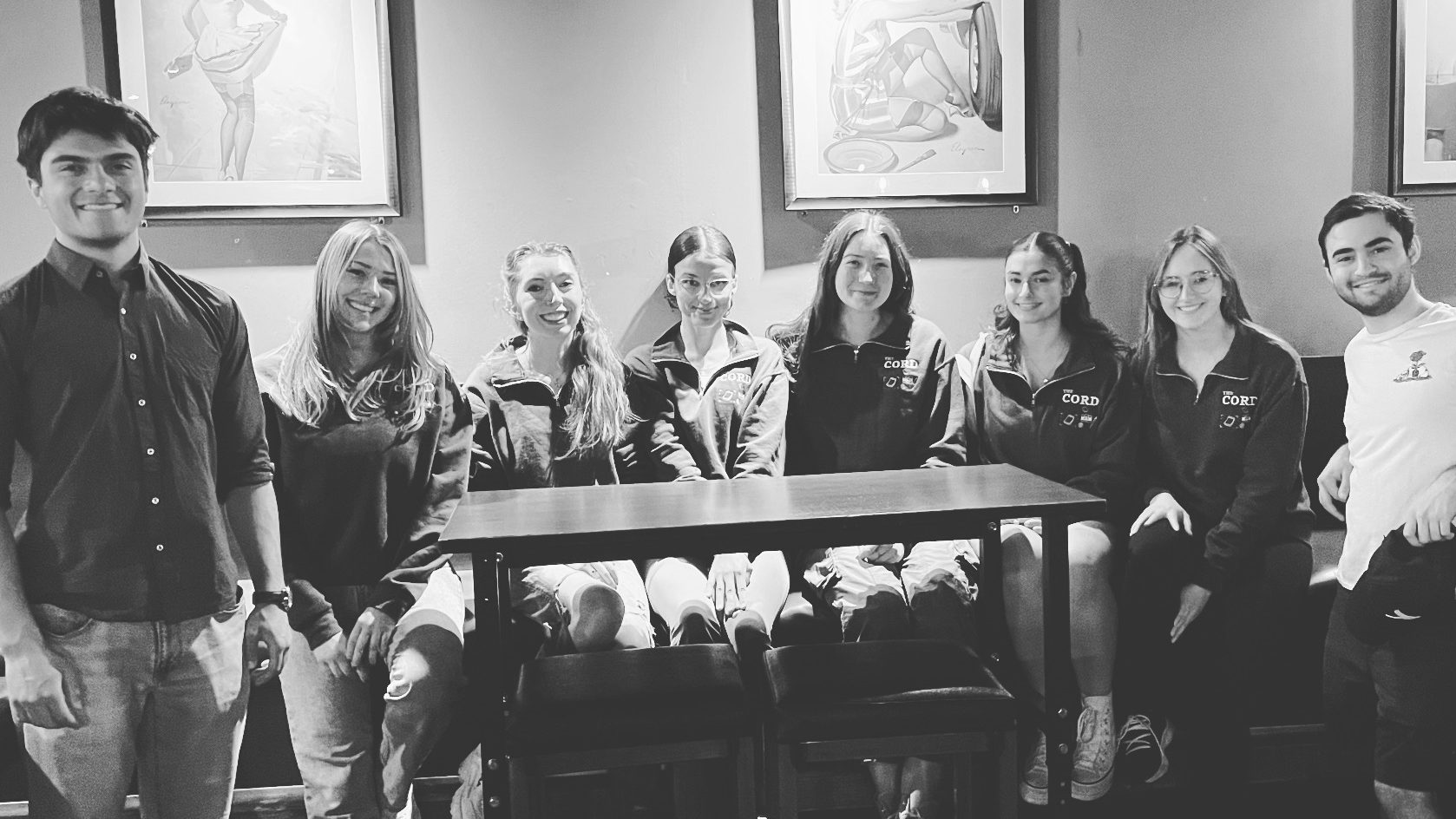On a North America-wide report of sustainability initiatives at colleges and universities, Wilfrid Laurier University has scored an overall B- grade.
The 2011 College Sustainability Report Card, an independent assessment of over 300 institutions in the U.S. and Canada, examines energy usage, food and recycling, infrastructure, student involvement and administration in terms of environmental impact.
Laurier sustainability co-ordinator Sarah English was thrilled with the result. “I was happy with the results, it’s good to see especially since my position just started in January,” she said.
“Basically in just over a year we’ve gone from almost no sustainability on the university’s radar to a B-, which is a fantastic grade.”
Compared to other Canadian universities included in the report, Laurier’s rank stood up among schools with a longstanding commitment to sustainability.
“We do very well; I was looking at a number of Canadian or Ontario universities and we’re kind of in the middle,” English said. “UBC for example, I think their sustainability office has been in place since the 80s. They’re doing amazing things and I’d like to see us work towards that.”
Areas of particular strength cited at Laurier were food and recycling, where the university received an A grade. Over 30 per cent of food spending is on local or organic items, food services uses hormone-free meats and the eco-container program brought into effect last year is widespread on campus.
According to the information in the survey completed by Food Services and the students’ union dining operations, 100 per cent of pre-consumer food scraps are composted and around 75 per cent of food scraps are composted once food is served to students.
Director of Food Services Ryan Lloyd-Craig, Aramark, the company that manages the university’s dining operations, focuses on providing sustainable and organic options.
“We get a lot of corporate support from our head office in developing these sustainability programs so we have a lot more resources available to us,” he said.
“Students are asking for local,” he continued. “We’ve already got a farmers’ market that happens in the Concourse, we’re going to look at doing our own larger version of that.”
The report gave Laurier a D grade in climate change and energy, issues highlighted by an energy management plan conducted last year. “Energy and climate change are big areas we need to improve on,” English said, explaining that buildings are in the process of being individually metered so problem areas can be highlighted and improvements charted.
“Lighting was 25 per cent [of energy consumption], so just by putting in more energy efficient lighting, that’s a huge chunk.”
Student involvement in green initiatives was graded on the report as a B.
EcoHawks co-ordinator Ericha Regio said that including student groups in the survey was important. “It means a lot that we were part of the survey in the first place and that we got a B,” she said.
“It’s good to know students have the opportunity to get involved with sustainable actions or even learning more about it because I think a lot of people don’t know.”
English noted that information for another report by the Association for the Advancement of Sustainability in Higher Education (AASHE) is being compiled and that report should be released “before the end of the month.”
“The rankings, depending on how they’re conducted, are a good indicator of our progress,” she said, of the importance of examining Laurier’s efforts through such reports.
“If we do this report card again next year and improve, it shows that we’re actually doing things on the ground and projects are being implemented and technologies are being adopted.”
Laurier’s sustainability grades:
Administration: B
”Has a comprehensive sustainability policy and has incorporated sustainability into its master and strategic plans.”
Climate Change & Energy: D
”In the process of conducting its first greenhouse gas emissions inventory.”
Food & Recycling: A
”Over 30 percent of its food budget on local or organic items.”
Student Involvement: B
”Numerous student groups are active in promoting campus sustainability initiatives.”
Transportation: C
”The university is exploring a partnership with a car-sharing program, and pedestrian-friendly development is a component in the campus master plan.”
—Courtesy of the Sustainable Endowments Institute







